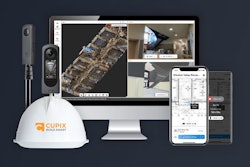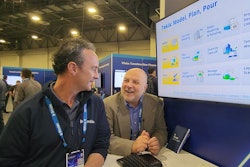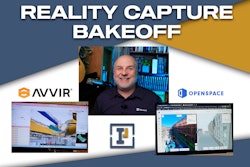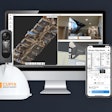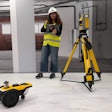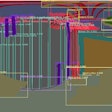
The value of embedding representations of the physical world captured through photogrammetry and Lidar are undeniable. The technology marrying up data captured by edge computing devices and using them to inform and enhance the efficiency of core construction processes. Leaders in the space are applying artificial intelligence, machine vision and other technologies to image and point cloud data, measuring progress against a plan or identifying deviations from a model.
But the technology is moving quickly--so quickly that contractors need a way to accurately determine what each product can do today versus where it will be tomorrow. Raffi Holzer may have exited his reality capture startup Avvir, but his insights on how to do due diligence in this space and where the technology os headed is extremely valuable.
IRONPROS: So when it comes to that progression of simple capture to some progress tracking, to really spotting deviations or quality issues, a lot of these products will definitely lay claim to be doing more than the product perhaps can. How important do you think it is for someone who's evaluating these products to do things like reference calls to figure out how the software is being used in reality, at a given time are?
HOLZER: It is absolutely vital. I know for a fact, having really been in this industry as deeply as you can be. That there are many companies out there making claims and this is kind of the "fake it till you make it" motto in Silicon Valley. There are startups that are making claims about what their technology can do, that are not wholly true. Actually, in the AI space, there's a certain amount of human intelligence in the loop that I think probably ought to be acceptable to a construction company as long as you're getting the value out of it. And if you're paying a price that works for you probably shouldn't matter all that much, whether there's a human in the loop or not. You do want to know whether they actually can deliver, ultimately, the value that they say they can. And it's worth doing reference calls. But it's also worth, once you've figured out the basket of companies that at least claim to provide what you're looking for, to do a trial, or a bake off, if you will. See which companies are willing to do that, to go head-to-head against one another. It's really important when you're designing those bake offs that you really run into running an experiment, you want to, you know, controlling variables, and you want to have really clearly defined success criteria.
STREAM OUR FULL CONVERSATION
